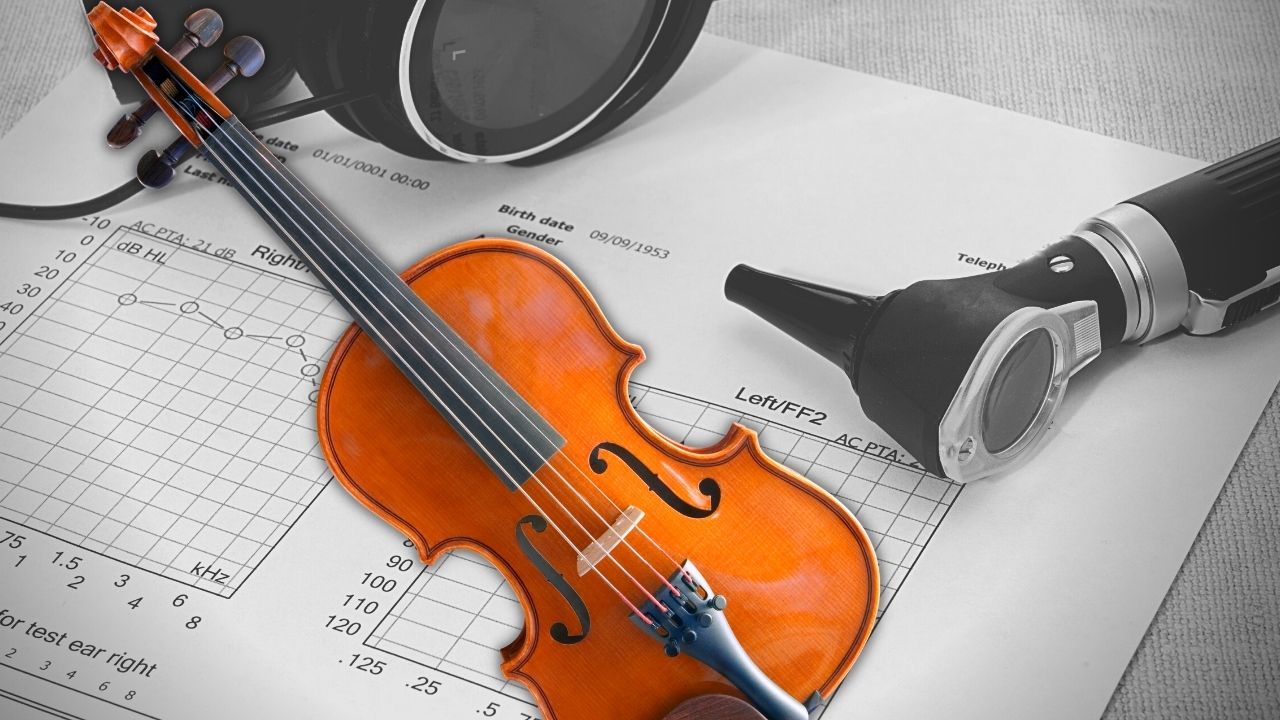Apr. 01, 2014
Who would ever have imagined that a musician could be a rock star? I would never have believed that the word “musician” and the phrase “rock star” could appear in the same sentence! My surprise stems from the early 1980s whenb the only rock stars were audiologists who wandered into a hearing aid manufacturer’s office. At that time, everything stopped






